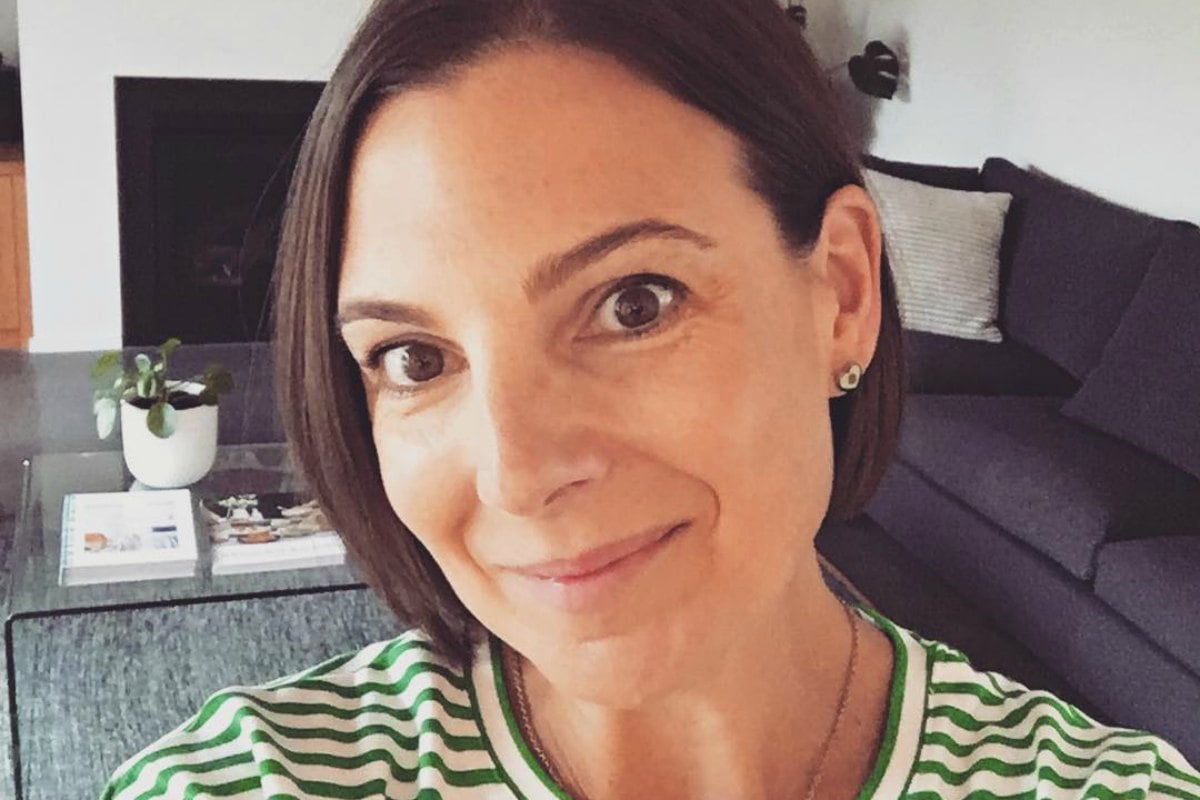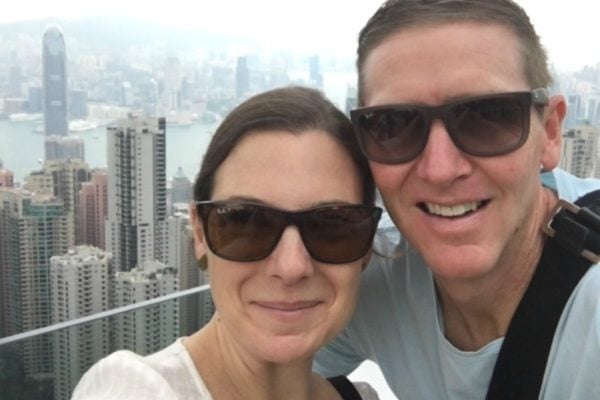
I will never forget the moment I was told my husband had Post Traumatic Stress Disorder.
I was sitting beside him in the doctor’s office, tears silently streaming down my face and his, as he explained how he had been hiding severe depression and anxiety for the past seven years, since an incident he had been involved in as part of his role as a first responder.
He explained how confused he had been at the kinds of thoughts he had experienced, the despair he had been feeling for so long. How he would hide in the shower and break down crying, wondering what the hell was wrong with him. How he didn’t know why he got so frustrated at the smallest things or why he was angry all the time. How he never spoke about the way he was feeling for fear of losing his job. How he felt weak and exhausted and powerless and ashamed.
Dr Debra Swain shares her advice for partners of PTSD sufferers. Post continues below.
As I sat there gripping my husband’s hand tightly, my stomach twisted into a tense knot, I couldn’t believe I hadn’t known. Why hadn’t I seen what he had been going through? Had I been so preoccupied caring for our three children that I had failed to notice the signs?
The doctor asked if we had heard of Post-Traumatic Stress Disorder, or PTSD. He said the feelings and experiences my husband had described fitted the description of PTSD, and offered him medication to help settle things down, to relieve some of the symptoms. I remember being surprised by that. Medication without a formal diagnosis? It seemed like things were moving too fast towards an outcome I wasn’t ready to accept.

